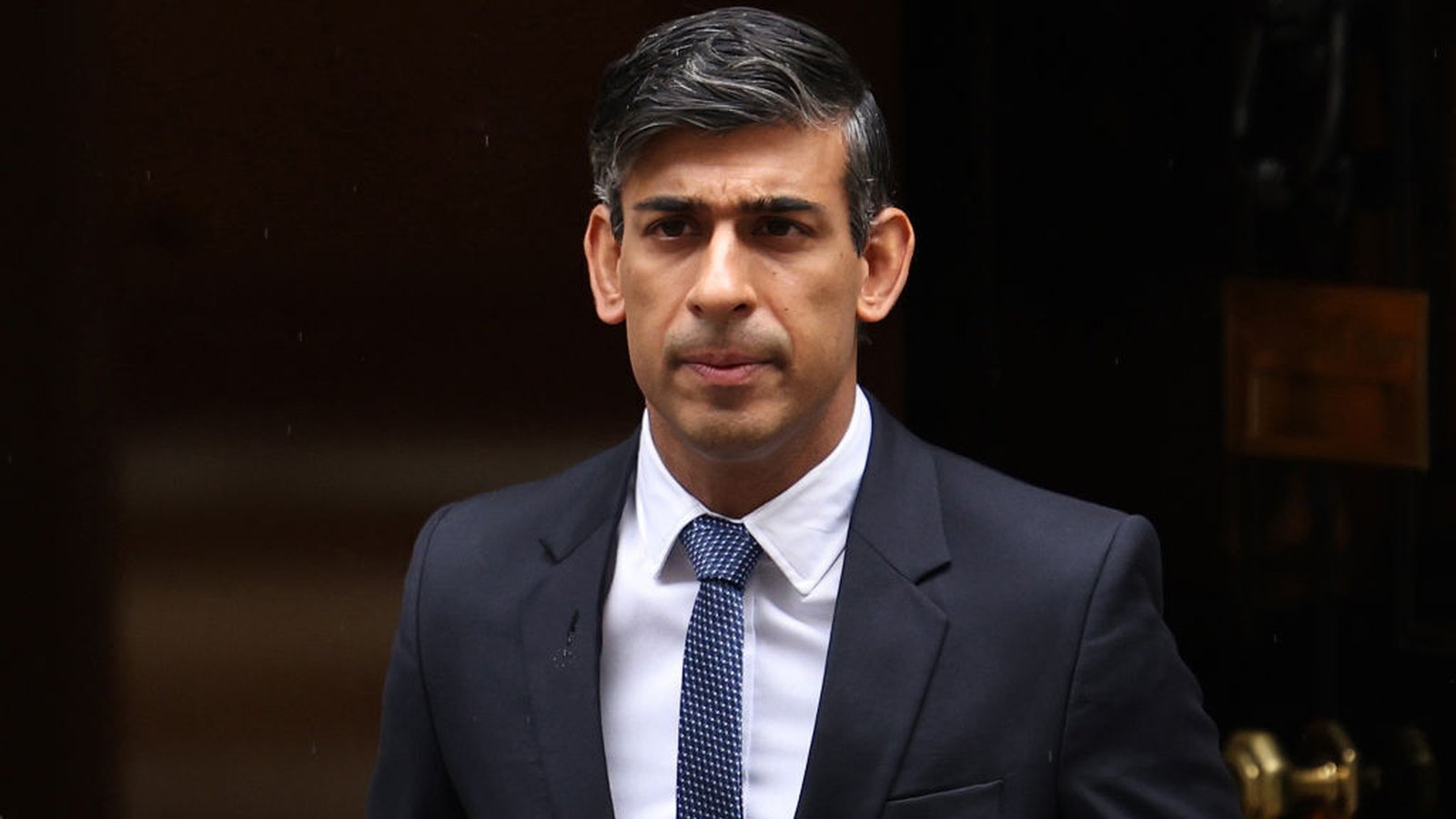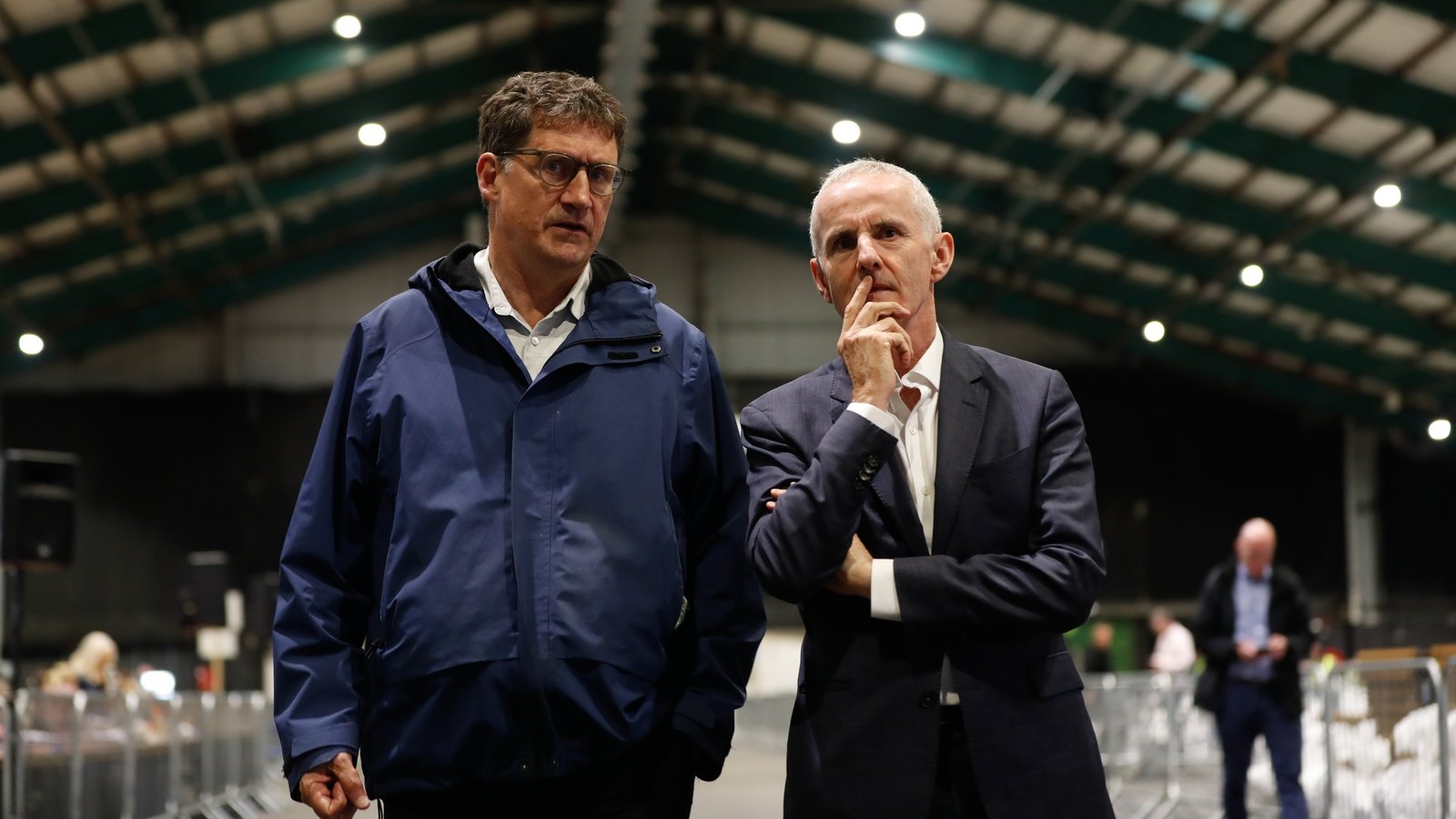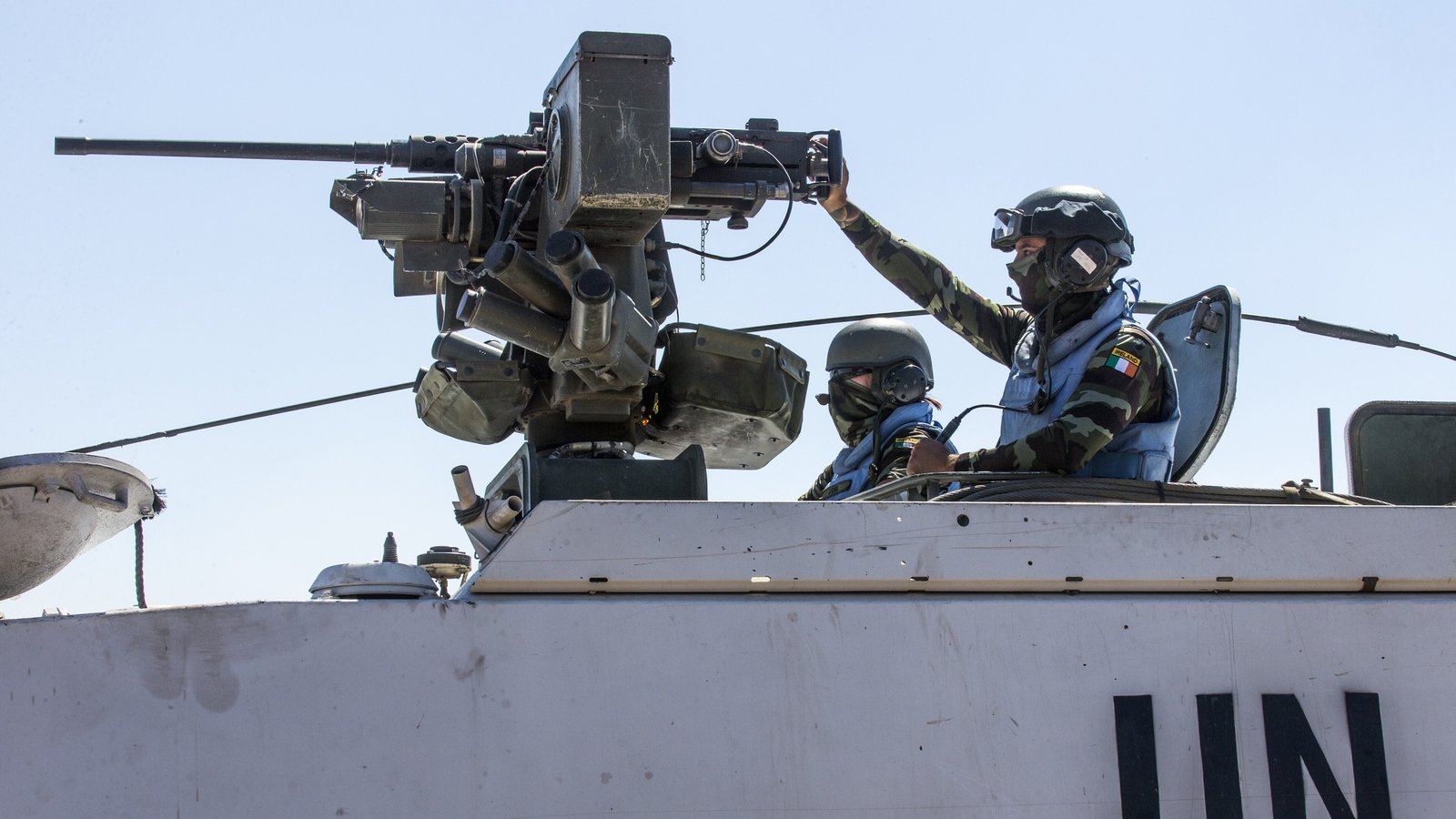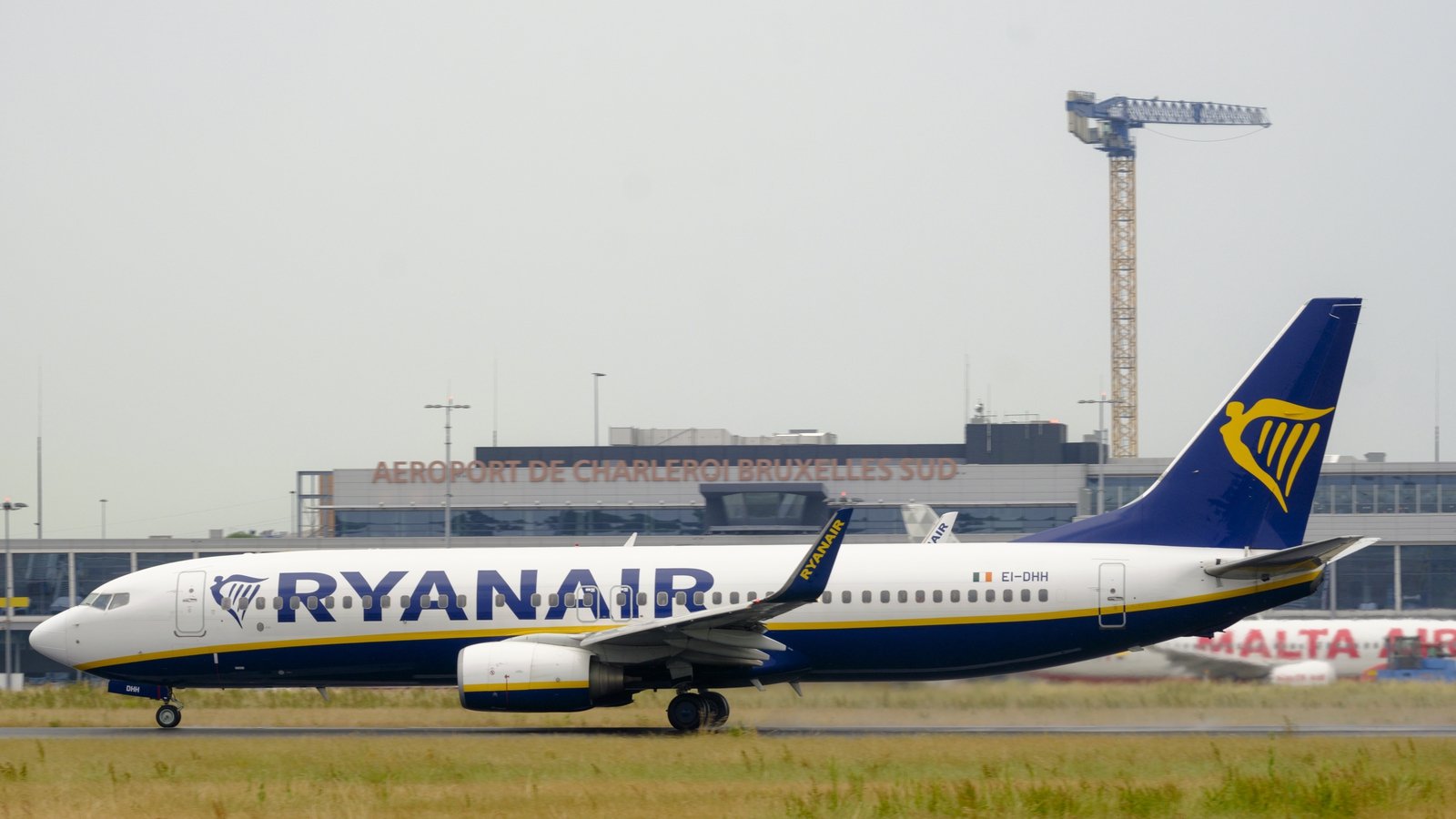The costs of repatriation after record numbers die abroad
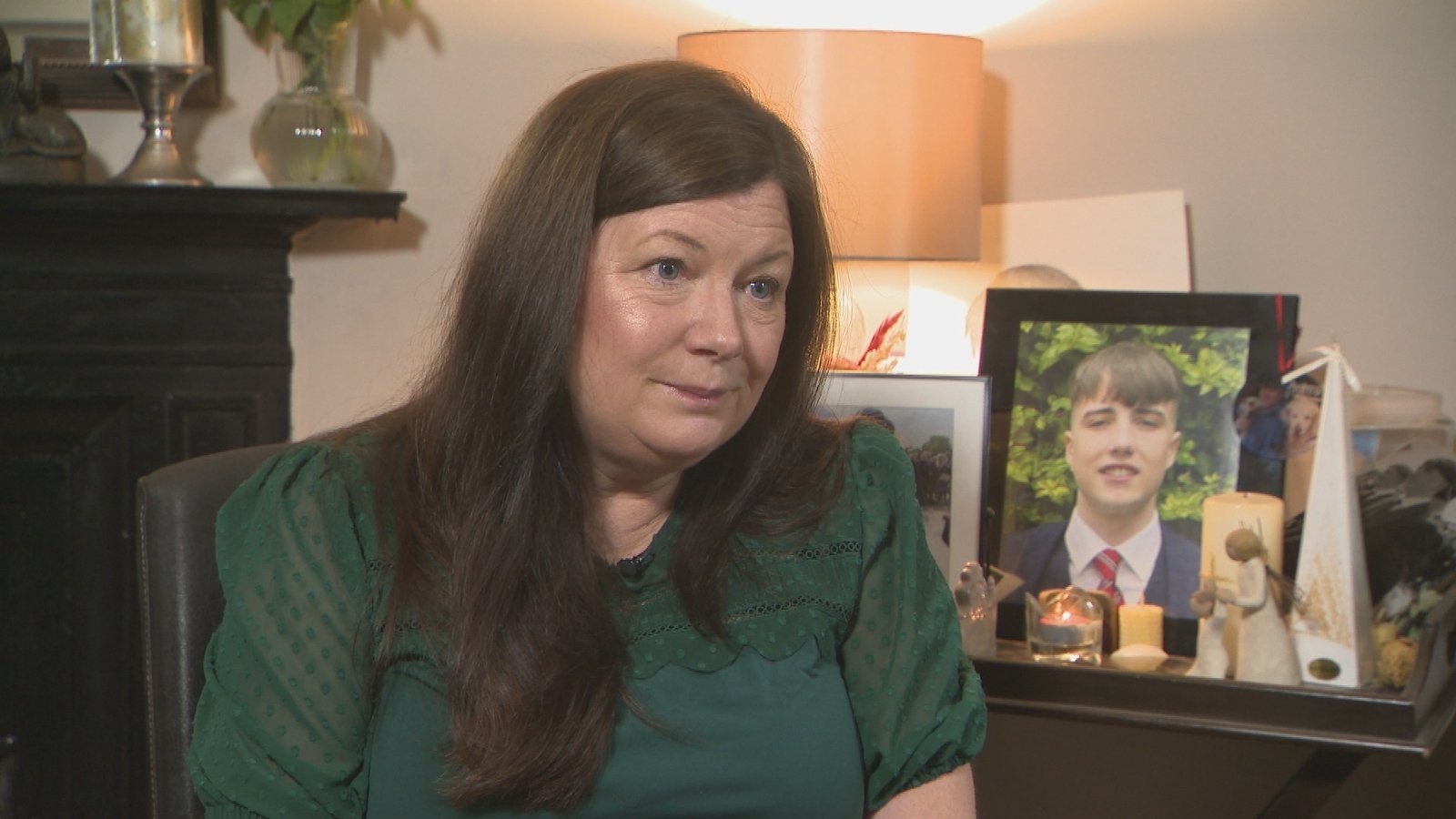
The mother of a Leaving Cert student who died in Greece last summer has spoken publicly for the first time about what happened to her son, and said she will fundraise to help other families whose loved ones have died abroad to bring them home.
Bebhinn Dunne spoke with RTE News as new figures obtained by this station show almost 3,000 Irish citizens have died abroad since 2014 – including a record 381 deaths last year – resulting in thousands of euro in repatriation costs for grieving families.
Last summer, Ms Dunne’s eldest son Andrew O’Donnell, from St Michael’s secondary school in Dublin, died tragically on the Greek island of Ios after falling down a rocky area while on the way home from a night out.
That same weekend, a second pupil from St Michael’s, Max Wall, also died on the island while searching for Andrew.
Both 18-year-olds were on the island celebrating the end of their Leaving Cert exams. It was less than a month after Andrew’s 18th birthday.
“Andrew was your typical teen, he’d just finished his Leaving Cert and had everything going for him.
“He was a very happy, sporty boy, he’d loads of friends, he was doing everything a teen would be doing, and driving his parents mad at times as they do. He was only starting to come into his own, that young man we were so delighted to see,” Ms Dunne explained.
“[On the Friday evening] Andrew didn’t feel well, he actually rang us at 9pm Irish time. He was in great form but tired. He stayed with his friends until 1:30am and then decided to go home.
“Unfortunately from what we can work out he took a wrong turn on the way home.
“The island is full of short cuts down rocky hills, you’d look at it and think no one would go that way. Subsequently we found out the turn-off [to where Andrew was staying] is actually about 30 metres further on.”
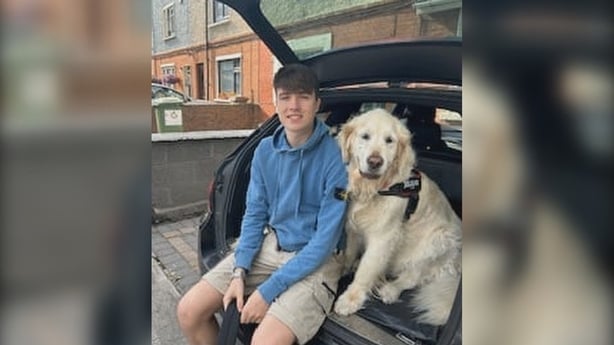
Bebhinn Dunne said the next morning when Andrew’s friends realised he was missing, they contacted local police and Irish people working on the island.
“The phone call came here to us about 7:30pm on Saturday night, even though I woke up that Saturday morning with a fear of dread, I knew something bad had happened, I just had that feeling, mother’s instinct. He was found early on Sunday morning.”
Bebhinn said she and her husband Gavin managed to get “the last two seats” on a flight to Santorini on Sunday evening, before arriving in Ios on Monday morning.
She said there was “unbelievable” help from the Department of Foreign Affairs and “two Irishmen who have bars on the island”, who made arrangements for the grieving family and to help with the complexities of bringing Andrew home.
But she said due to existing policies, the costs involved had to be paid for by the families.
“The costs are incredible, obviously you have to get yourself there, you have to put yourself up for those number of days. We left on Sunday and didn’t get home until late on Thursday night, you’re racking up costs on the way. It’s not an inexpensive thing to happen.
“We were lucky with travel insurance. From that point of view it makes it easier, but I did wonder if you are in a situation where you have no money and you can’t afford to get to where your loved one is, what do you do?
“It’s one of those things where you look at the newspaper or on TV and think ‘thank god that’s not me’, and then you’re living that horrible scenario,” she said.
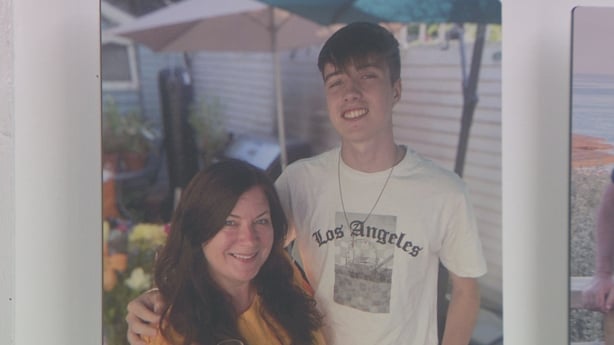
Ms Dunne was speaking as new figures obtained by RTE News show that almost 3,000 Irish citizens have died abroad since 2014, with last year’s figure of 381 deaths the highest annual rate ever recorded.
Official Department of Foreign Affairs figures show that over the past decade 2,849 people have died abroad.
The figure includes:
- 228 deaths in 2014
- 272 deaths in 2015
- 250 deaths in 2016
- 320 deaths in 2017
- 292 deaths in 2018
- 293 deaths in 2019
- 253 deaths in 2020
- 220 deaths in 2021
- 340 deaths in 2022
- 381 deaths last year
In a statement, a Department of Foreign Affairs spokesperson said officials provide consular support to individuals in these circumstances, including notifying loved ones of a death, providing practical travel information, and liaising where needed with relevant police forces.
However, the spokesperson added that “it is beyond both the capacity and the remit of the Department of Foreign Affairs to provide financial assistance for repatriations”.
While travel insurance will cover a large amount of the costs involved, the lack of State funding means some families can be left facing thousands of euro in costs while trying to bring their loved ones’ remains home.
It’s an issue Colin Bell and his family know all too well.
Eleven years ago, Colin’s 26-year-old son Kevin died in a hit and run incident in New York.
After witnessing the practical costs first hand, the Bell family set up the Kevin Bell Repatriation Trust in Newry, Co Down, to help those in a similar situation
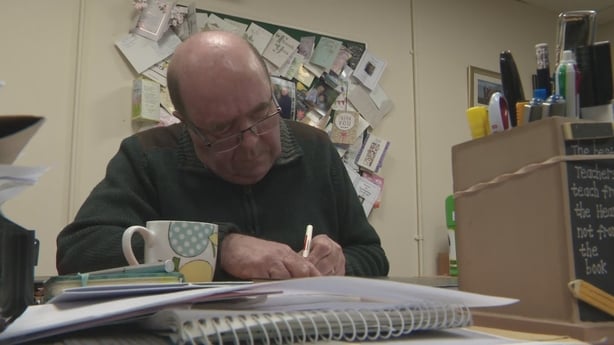
“When news broke in Newry that Kevin had died, the town went into a frenzy of fundraising and there was over 150,000 to bring Kevin home.
“We had that £150,000 (€175,652) which wasn’t really ours, and we decided to use it to help other families,” Colin Bell told RTE News, before explaining the scale of the help provided.
“Up to this week I think it’s 1,765 people we’ve taken home. Last month we took home 32 loved ones back home to their families, that’s one a day so that’s kind of what we expect at the moment.”
“You’ve a lot of people from Europe, the UK, also big numbers from Australia, New Zealand, the US, and the likes of Cambodia, Thailand, Kyrgyzstan even this month, Peru. There are very few countries where we’ve not brought someone home now because the Irish are everywhere.
Asked about the costs involved, Colin Bell said if someone does not have travel insurance it can in extreme scenarios cost up to €20,000 to bring someone home.
“The costs vary, from the UK it’s maybe £1,500-£2,000. From Europe it’s maybe £4,000 or £5,000, sometimes £6,000.
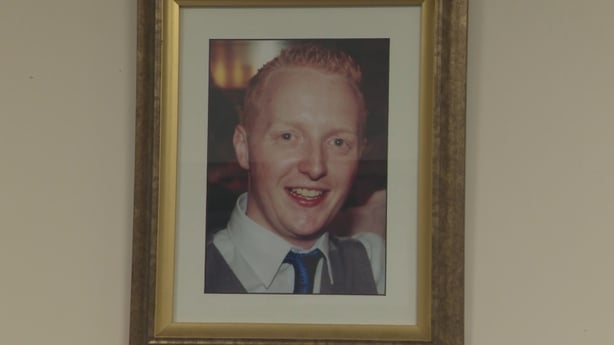
“From Thailand, the middle east or the far east it’s generally in the region of £7,000 or £8,000. In Australia, it’s generally £7,000. The US can vary, it’s generally around £10,000. It’s costly,” he said.
Colin Bell said while funding is always welcome, the reality is “there are no governments in the world who pay to bring their people home” and that he has “a very good relationship with the Department of Foreign Affairs”.
He said his trust works mainly by people fundraising to help those in their time of need.
It’s a view mirrored by Bebhinn Dunne, who said she and her friends in Leinster Rugby Supporters Club will be fundraising for the Kevin Bell Repatriation Trust in her son Andrew’s memory in the coming months.
“When you’re in that situation, for somebody to take all of that problem away from you is unbelievable.
“I’ve been involved in the Leinster Rugby Supporters Club. We have a charity partner every year, and we chose the Kevin Bell Foundation.
“Twelve months ago, Andrew was so happy, he was coming up to his mocks, he probably wasn’t too happy about that, but he had everything in front of him, that wonderful future, like so many young people.
“There’s been so many tragedies in Ireland and abroad and we felt it would be something to honour all those young people who have lost their lives and those families who have lost those futures,” Ms Dunne said.

